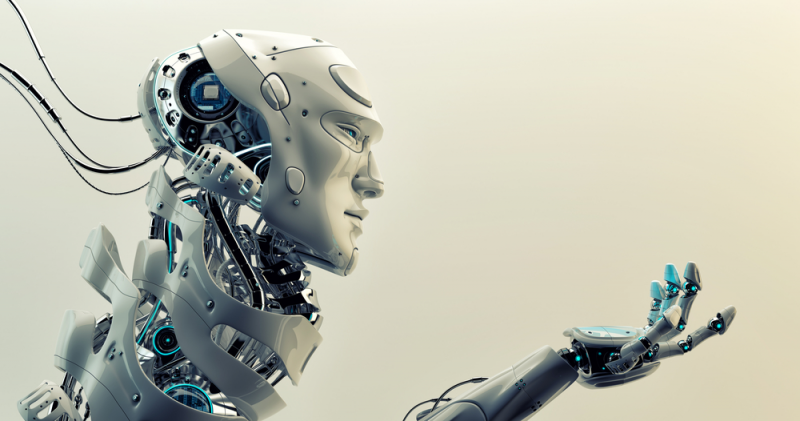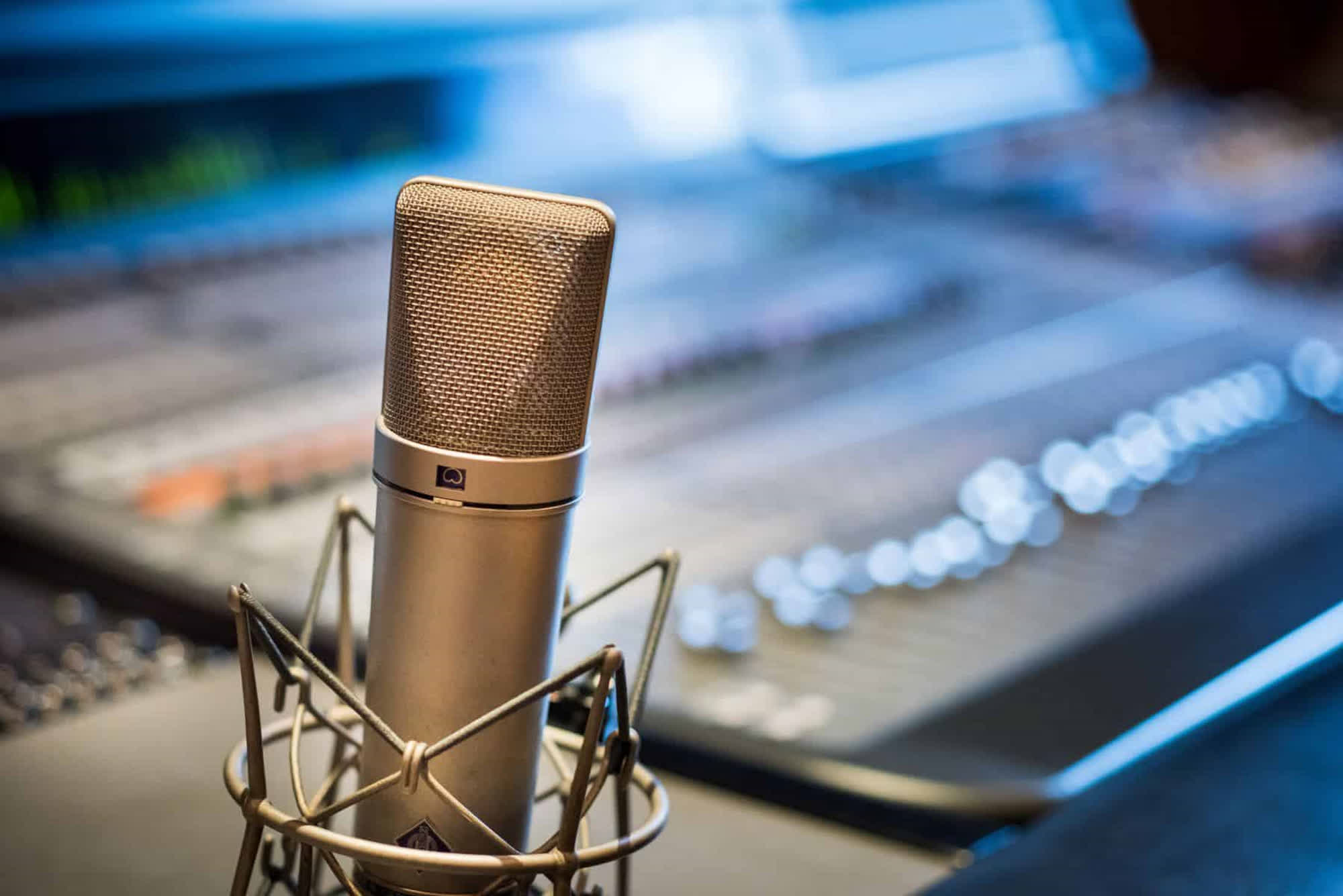In brief: There have been plenty of studies carried out on the impact generative AI will have on the global jobs market. These tend to focus on office and other corporate positions, but the technology's effect will be far-reaching. One profession also feeling the pressure is voice artists, many of whom fear they will be replaced by human-sounding generated voices.
Wired reports that as generative AI advances, the technology is becoming better at cloning celebrity voices, narrating audiobooks, and more.
Generated voices still aren't perfect, though. Their inability to reproduce the intricacies of human speech patterns means they aren't going to replace humans in large-scale productions anytime soon. But those workers at the entry-level who do larger quantities of lower-paid work are likely to lose gigs to machines. Examples where the technology could offer a cheaper alternative to hiring a person include corporate videos or background chatter and noises in movies and TV shows.
In addition to potential job losses, actors worry about their voices being used without their consent, including in deepfakes, to promote mis/disinformation, and in pornographic content.

Voice actors started airing their concerns at the start of the year when it was reported more were under contractual obligation to sign away the rights to their voices. Many companies offer voice cloning, generating, or synthesizing services for prices as low as $30 per month. A few websites offer this service by just uploading recordings, making it possible to synthesize a voice without the owner's consent.
Tim Friedlander, president and founder of the National Association of Voice Actors (NAVA), said at the time that contracts allowing producers to synthesize actors' voices, often without extra compensation, were "very prevalent," and the actors sometimes don't realize that these clauses have been added. Occasionally, those who object are told they won't be hired without agreeing to the terms.
There was more outcry from voice actors in February over Apple's alleged misuse of their work for AI training. The iPhone maker was accused of using real voice recordings with no proper authorization from the original performers.
Wired also notes that generative AI concerns have been a major part of the Screen Actors Guild strike. SAG members want Hollywood studios to ensure their next contract includes provisions for "informed consent and fair compensation" when a "digital replica" of a performer is created. This also applies when their voice, likeness, or performance is altered by AI. However, this won't protect actors working in areas like video games.
